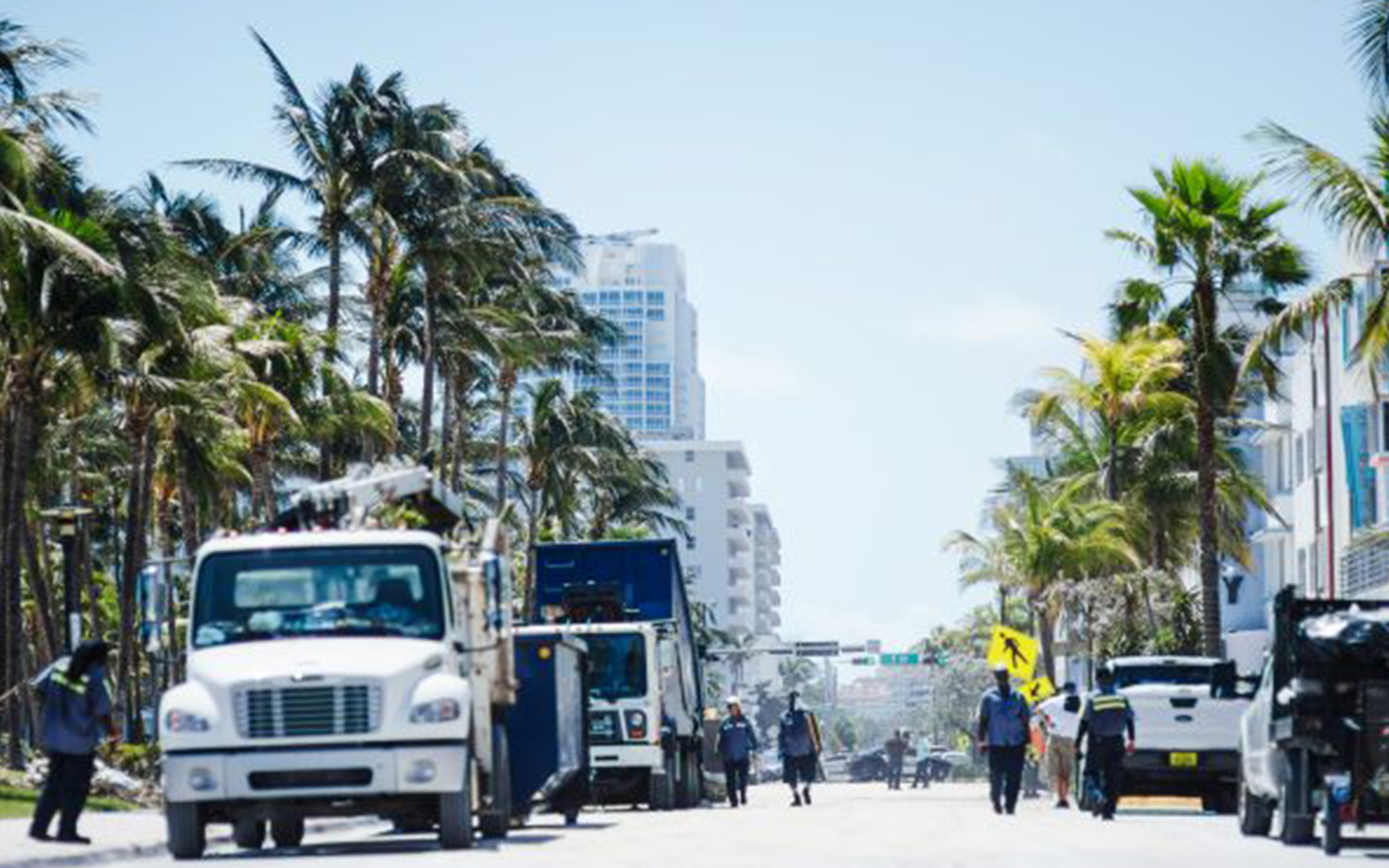- Title: Critical Resilient Interdependent Infrastructure Systems and Processes (CRISP) 2.0
- Principal Investigator: Pallab Mozumder
- Funding Amount: $2,000,000
- Funding Source: National Science Foundation
- Timeline: 08/14/18–12/31/22
This Critical Resilient Interdependent Infrastructure Systems and Processes (CRISP) project develops an integrated resilience modeling framework for mitigating vulnerabilities in critical interdependent infrastructure systems. The framework evaluates the coupled nature of vulnerabilities across physical and social systems in Miami and Houston.

By focusing on the effects of recent hurricanes on the interdependent-infrastructures in energy, water, transportation and telecommunication, and the human-infrastructures interactions, the project explores options for resilience. The system vulnerabilities are quantified with regional inoperability based economic-interdependency models. The project will also develop a mobile phone app for information sharing with the public. Thus, this scientific research contribution supports NSF's mission to promote the progress of science and to advance our national welfare with benefits that will optimize investments in the nation's critical infrastructures.
The project integrates risk-based models, agent-based simulations, dynamic models of social vulnerability, and models of economic impacts of inoperability. The novelty lies in integrating the interdisciplinary research components: (i) incorporating wind and flood inundation risk into the utility and service disruption models to analyze and determine the extent of interdependent infrastructure failures in energy, water, transportation, and telecommunication sectors; (ii) constructing socio-infrastructural systems of vulnerability and analyzing evacuation/relocation behavior to assess the need for emergent critical infrastructure services; (iii) micro simulation for analyzing coping behavior and facilitating decentralized resilience through information sharing and critical resource pooling; (iv) a macro (city level) inoperability based resilience model to integrate household and social responses with disrupted interdependent infrastructure systems; and (v) developing an app to facilitate and scale up participatory resilience through crowd-sourcing which will be usable in other disaster settings. The project will engage, mentor, and offer an innovative active learning environment for K-12, undergraduate, and graduate students by giving priority to the disadvantaged and underrepresented communities.
Find out more about this project in FIU News.
Team
Principal Investigator
Pallab Mozumder
Associate Professor
305-348-7146
mozumder@fiu.edu
AHC5 370
